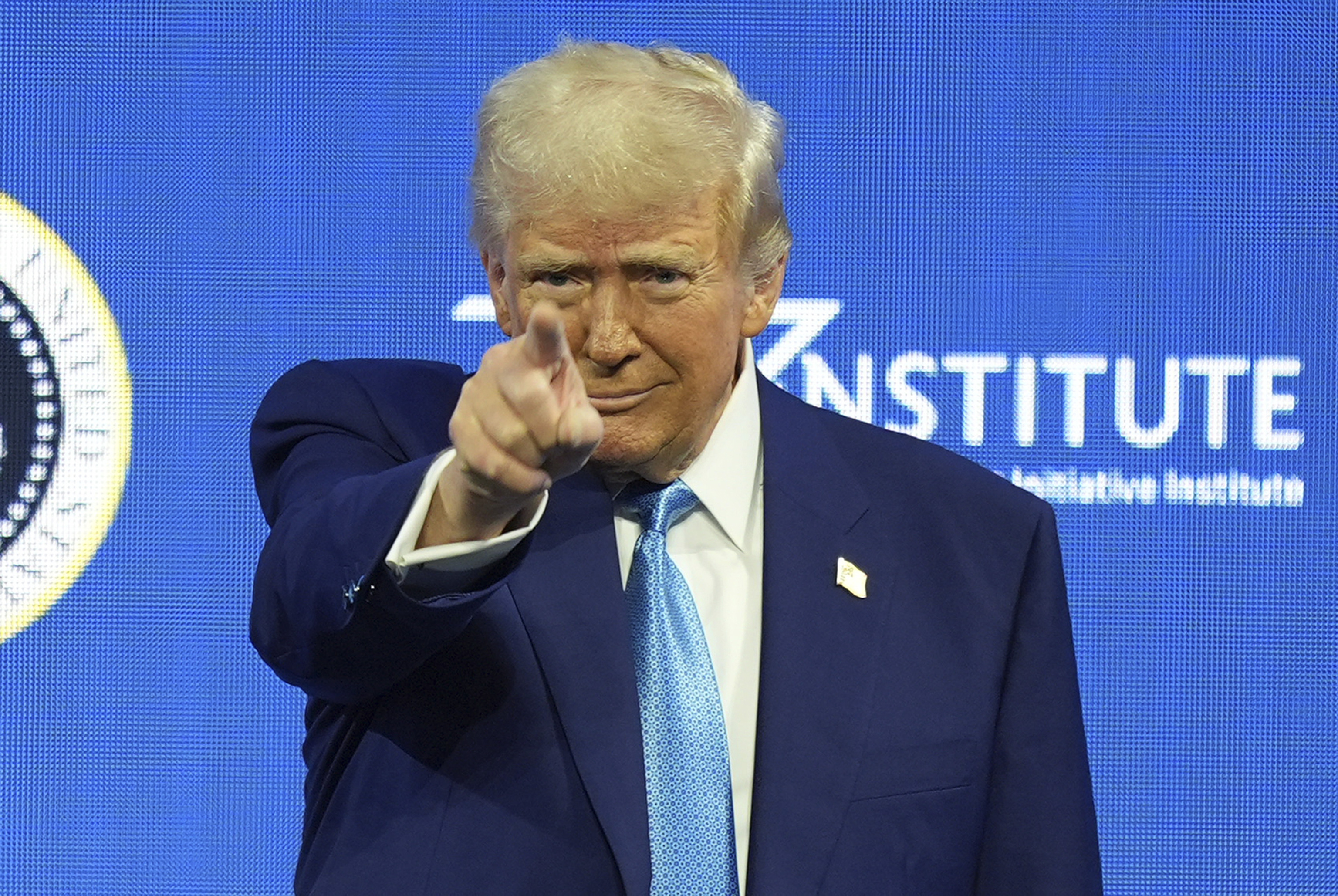While Ukraine and Russia were exchanging the 175 captive soldiers that Putin committed to yesterday, one of the largest prisoner exchanges since the invasion began, Donald Trump called Volodimir Zelenskyy to convey everything said by Vladimir Putin the day before. Some of the prisoners released belonged to the Azovstal garrison and have been imprisoned for three years. Another 22 severely wounded soldiers are returning to Ukraine for medical treatment.
Before the call, Zelenski had joked about demanding that Russia "stop accepting weapons from Iran, China, and North Korea" to accept the ceasefire, which is exactly what Moscow demands from Kiev. But there was no irony when he stated that Ukraine did not intend to recognize any of the occupied territories as Russian regions.
"I had a great call with President Zelenski," said Trump on his social media. "It lasted about an hour, and much of the content had to do with the call yesterday with President Putin to align the interests of Russia and Ukraine," commented the US president. Additionally, he stated that Secretary of State Marco Rubio and National Security Advisor Michael Waltz will make a statement on the agreed points, without Trump revealing any in his message.
But the interesting part came later and was revealed by his press secretary: Trump also discussed the electricity supply and nuclear power plants in Ukraine. He said that "the United States could be of great help in managing those plants with its experience in electricity and public services. American ownership of those plants would be the best protection for that infrastructure and support for the Ukrainian energy infrastructure."
This is another idea from President Trump, who has seen the opportunity to blackmail Ukraine again with another deal like the rare earths. The issue is that Ukraine's energy system is inherited from the former Soviet Union, is public, and has huge structural problems. If it were privatized for US companies to manage, the first thing they would have to do is transform a giant but obsolete and inefficient industry. In other words, a full-fledged energy revolution that would take years.
The Ukrainian president received the call from Trump from Helsinki, where he was visiting. "I believe we will reach an agreement with President Trump, and our technical team will travel to Saudi Arabia. Hopefully, we will manage to pressure Putin and take the first step towards ending the war," said Zelenskyy.
Another thing that has been revealed this Wednesday is that Trump has spoken "numerous times" on the phone with Putin in recent weeks without publicizing the calls. In other words, yesterday's call was not the first or the only one.
The supposed energy ceasefire, whose start was not announced by either side, was also not respected by either. Right after hanging up the phone, Russia launched 150 drones and several missiles against Ukraine, destroying, among other targets, two hospitals and the Sloviansk power plant and a rail hub. Russia denied shooting any drones, and US negotiator Steve Witkoff, in a surreal response, said in a televised interview that the Russians had assured him that they themselves shot down seven of their drones as soon as they received Putin's order so that they would not reach their energy targets: "I tend to believe that President Putin is acting in good faith," he said. Ukraine reached the oil depots of Kropotkin, in Krasnodar.
Steve Witkoff himself announced that on March 23, another round of talks between the US and Russia will be held in Jeddah, Saudi Arabia, but did not specify which Russian representatives the US delegation would meet with. "The devil is in the details. We have a team heading to Saudi Arabia, led by our National Security Advisor and our Secretary of State. I think we need to refine these details [about the ceasefire]," said Witkoff.
This Wednesday, the operation that Ukraine started in the Russian region of Belgorod, neighboring Kursk, continued, where an armored column managed to breach the defenses of the Demidovka - Grafovka district and advance a few kilometers to take some positions, but it is too early to assess whether they intend to stay in Russian territory, as they did in Kursk, or if it is just an operation to cut off the logistics of neighboring areas that supply the Vovchansk front.
